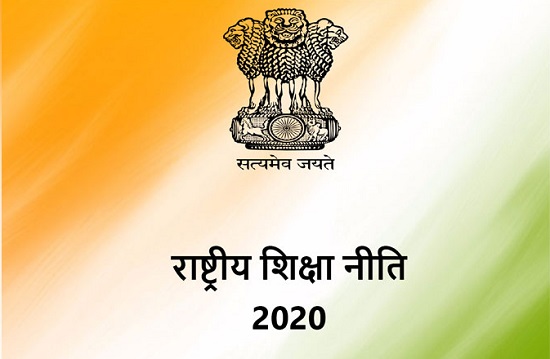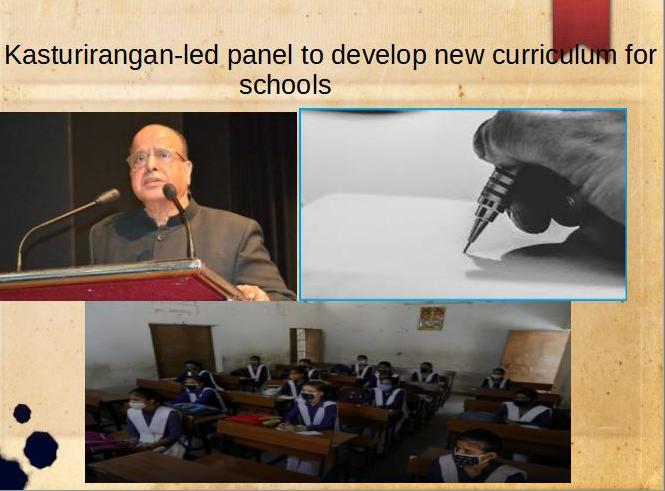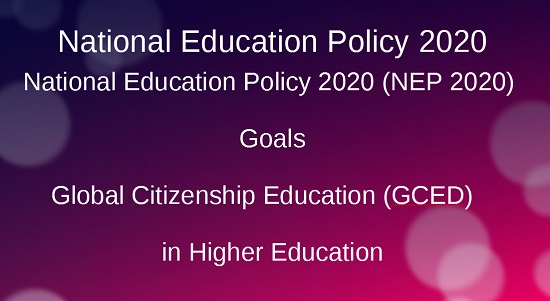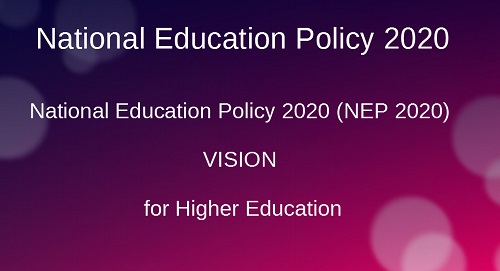Updated By: LatestGKGS Desk
National Education Policy 2020 Higher Education Focus, Approach, Historical link

National Education Policy 2020 (NEP 2020) strictly follows Indian roots and its essence in the curriculum for higher education to enrich it with the essence of rich Indian culture
India has a long tradition of holistic and multidisciplinary learning, from universities such as Takshashila and Nalanda to the extensive literature of India combining subjects across fields of human learning and social engineering.
National Education Policy 2020 takes inspiration from Banabhatta's Kadambari described a good education as knowledge of the 64 Arts (Kalaas); and among these 64 arts were not only subjects, such as singing and painting, but also 'scientific' fields, such as chemistry and mathematics, 'vocational' fields such as carpentry and clothes-making, 'professional' fields, such as medicine and engineering, as well as 'soft skills' such as communication, discussion, and debate.
In fact, the very idea that all branches of creative human endeavor, that includes science, mathematics, vocational subjects, professional subjects, and soft skills should be considered 'arts'. Such artistic knowledge has distinctly Indian origins.
National Education Policy is an approach to bring the notion of a 'knowledge of many arts' or what in modern times is often called the 'liberal arts' (i.e., a liberal notion of the arts) back to Indian education, as it is exactly the kind of education that will be required for the 21st century.


